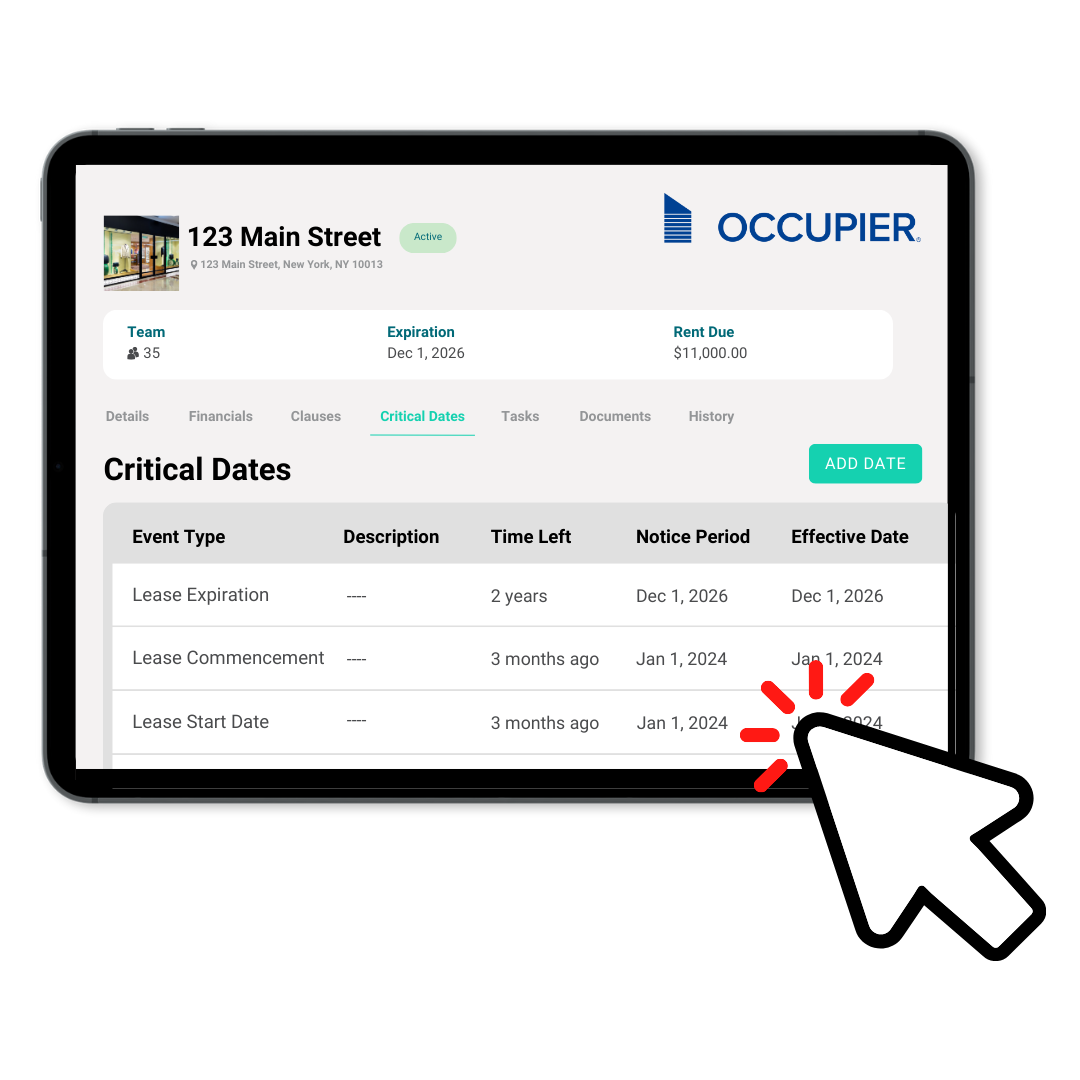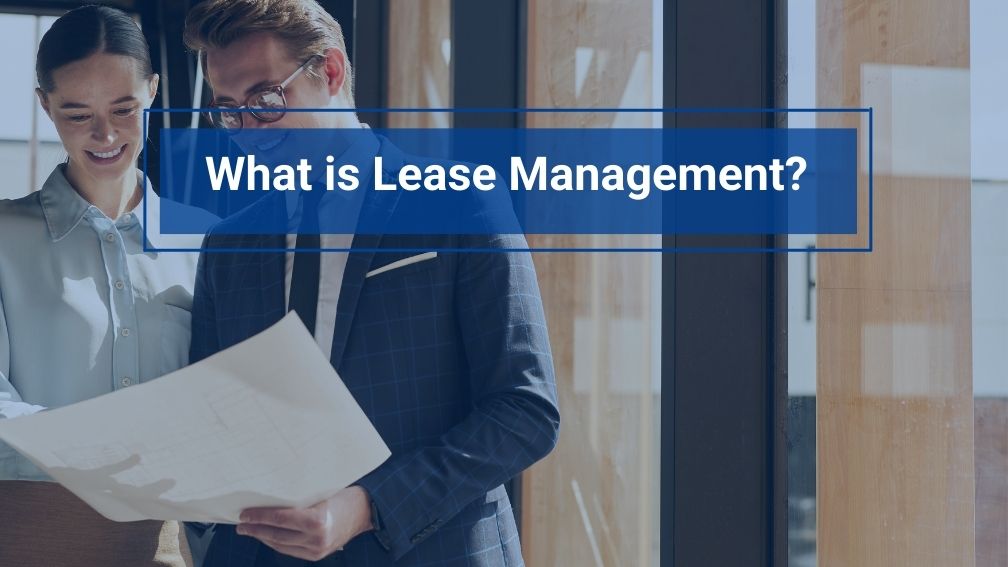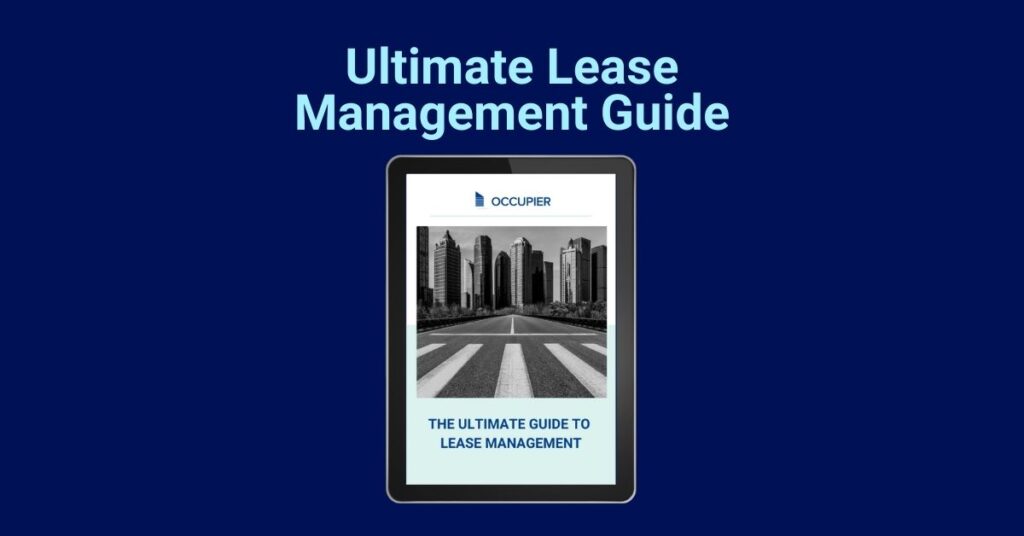What is Lease Management?
Last Updated on July 19, 2024 by Morgan Beard
Leasing commercial properties can be a complex and time-consuming process. From negotiating lease agreements to ensuring rent payments are made on time, there are numerous tasks that must be efficiently handled to optimize occupancy and minimize disruptions. That’s where lease management comes in.
What is Lease Management?
Lease management involves overseeing and administering the leasing process for commercial properties. It ensures that all lease terms, payments, and tenant obligations are met efficiently. Commercial real estate tenants, as well as operations,construction, facilities, accounting & finance can greatly benefit from lease management solutions that streamline lease management and accounting processes.
The Challenges of Lease Management
- Lease Agreement Management: Commercial lease agreements can be lengthy, detailed, and filled with legal jargon. Ensuring that these agreements are properly understood, executed, and stored is crucial. Additionally, tracking lease events such as renewals, terminations, and rent escalations can become overwhelming without a systematic approach.
- Rent Collection and Tracking: Timely rent collection is essential for property owners and managers. However, manually tracking rent payments and ensuring they are received on time can be a tedious task. Late or missed rent payments can negatively impact cash flow and overall property performance.
- Relationship Management: Managing relationships with Landlords and vendors is key to ensuring a healthy relationship and retention. This includes handling tenant requests, addressing maintenance issues, and coordinating lease renewals. Without an effective system in place, tenant to landlord communication can become disjointed and time-consuming.
- Compliance and Regulatory Requirements: Commercial leases are subject to various compliance and regulatory requirements, including lease accounting standards like ASC 842 and IFRS 16. Keeping up with these requirements and ensuring proper financial reporting can be a challenge without dedicated lease management and lease accounting software.
The Benefits of Lease Management Solutions
Lease management solutions, such as the one provided by Occupier, offer a user-friendly and collaborative platform to streamline lease management and accounting processes. Here are some of the key benefits:
- Centralized Lease Repository: The lease management solution acts as a centralized repository for all lease documents, making it easy to access and manage lease agreements, amendments, critical dates and other related documents. This ensures that all lease information is organized and readily available whenever needed.
- Rent Expense Management: With lease management software, rent and additional expense can be tracked with automated payment reminders and streamlining the rent collection process. This minimizes the risk of late or missed payments and improves cash flow management.
- Lease Critical Date Tracking: Lease management solutions provide automated notifications for important lease events, such as lease expirations and rent escalations. This helps your real estate teams stay on top of critical dates and take appropriate actions in a timely manner.
- Team Communication: Lease management software enables effective communication across stakeholders including attorneys, facilities, accountants and tenant-rep brokers. Tenants can easily submit maintenance requests or chat about deal progress as well as communicate lease-related issues. This streamlines communication and enhances tenant satisfaction.
- Financial Reporting and Compliance: Lease management solutions simplify lease accounting processes, ensuring compliance with accounting standards such as ASC 842 and IFRS 16. The software generates accurate financial reports and supports lease-specific calculations, making auditing and financial analysis more efficient.
- Collaborative Platform: Lease management solutions facilitate collaboration among various stakeholders involved in lease management, such as property owners, managers, tenants, and CPAs. Real-time data access and intuitive interface enable seamless collaboration, reducing communication gaps and improving operational efficiency.
Choosing the Right Lease Management Solution
When selecting a lease management solution, it’s essential to consider certain factors that align with your specific business needs. Here are some key considerations:
- Ease of Use: Look for a user-friendly interface and intuitive navigation to ensure quick adoption and ease of use for all stakeholders involved in lease management.
- Customizability: Choose a solution that allows for customization to accommodate your unique lease management processes and requirements.
- Integration Capabilities: Ensure that the lease management software integrates smoothly with your existing systems, such as accounting software, CRM platforms, and property management tools.
- Automation and Notifications: Look for features that automate repetitive tasks and provide notifications for critical lease events, ensuring timely action and reducing manual effort.
- Data Security: Consider a solution that prioritizes data security, including encryption protocols and compliance with data protection regulations.
- Customer Support: Evaluate the level of customer support provided by the lease management solution provider. Responsive and knowledgeable support can greatly enhance the user experience and address any technical issues promptly.
What is Lease Management, Summarized:
Lease management is a critical aspect of effectively managing commercial properties. By leveraging lease management solutions like Occupier, real estate teams can streamline lease management and accounting processes, ultimately optimizing their processes and minimizing disruptions. Embracing these solutions simplifies lease agreement management.

Product Tour
Take a self-guided tour and see how the fastest-growing commercial tenants leverage Occupier for lease management & lease accounting.

